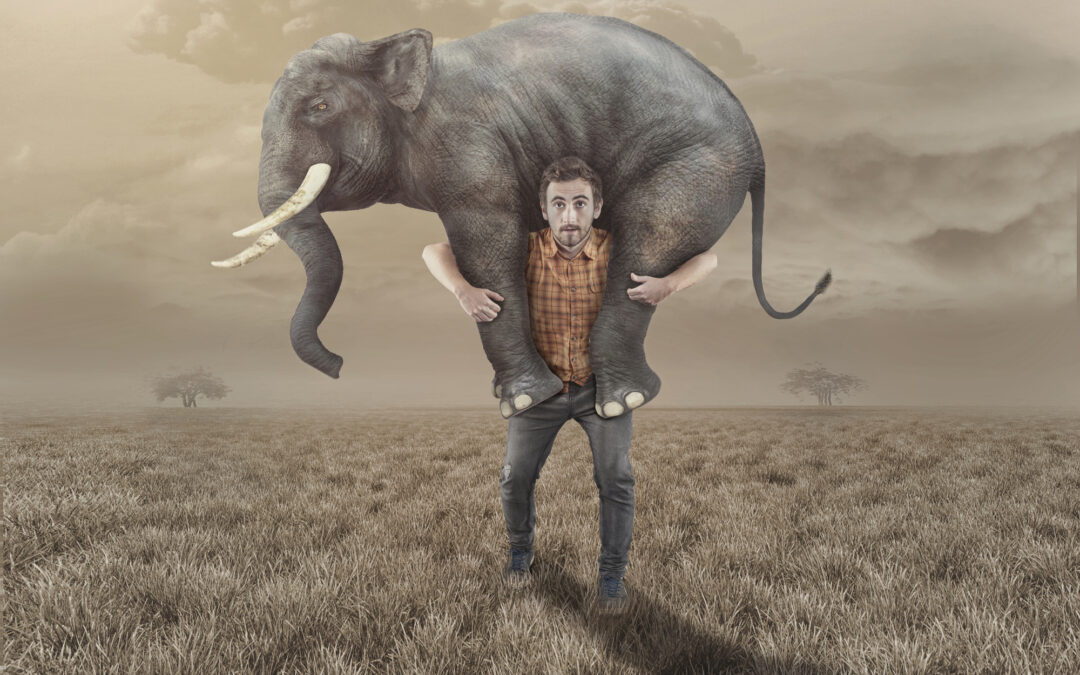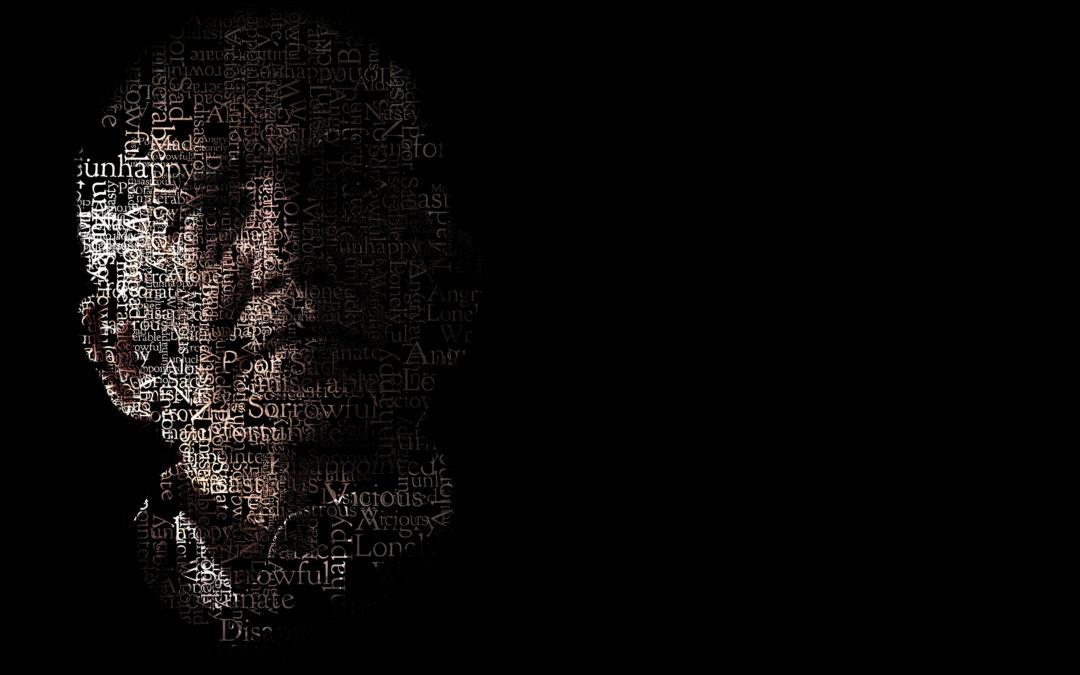When most people think of grief, they picture someone crying quietly, looking somber, maybe withdrawing from friends and family. While those things can be part of grief, the full picture is much more complex—and deeply personal.
The truth is: grief doesn’t follow a script. And it’s not limited to just feeling sad.
Grief Can Look Like…
-
Anger – at the world, at others, at the person who died, at yourself.
-
Forgetfulness – struggling to focus, zoning out mid-conversation, missing appointments.
-
Physical symptoms – fatigue, body aches, changes in appetite or sleep, even illness.
-
Numbness – feeling like you’re going through the motions but not really in your life.
-
Guilt – for not doing or saying something, for surviving, or for feeling anything but grief.
-
Anxiety – feeling unsafe in the world, fearing more loss, or feeling like you’re “going crazy.”
-
Laughter – yes, laughter. Grief is paradoxical. Moments of lightness or absurdity can still show up—and that doesn’t mean you’re doing it wrong.
Grief can also feel like love. As therapist and grief advocate Megan Devine writes, “Grief is part of love. When you lose someone you love, you don’t stop loving them. That ongoing love is expressed as grief.” Grief is the shape love takes when it’s left without a place to go. Devine challenges the idea that grief is something to “get over.” Instead, she explains: “Some things cannot be fixed. They can only be carried.” In other words, grief isn’t a problem to solve—it’s an experience to honor and tend to over time.
There’s No “Right” Way to Grieve
You might feel overwhelmed one day and strangely calm the next. You might be devastated at a song that reminds you of someone—and then forget for hours at a time that they’re gone. None of this makes you broken or bad at grief. It makes you human.
You might even grieve things that aren’t deaths: lost relationships, jobs, identities, health, safety, or imagined futures. These are often referred to as ambiguous losses, and they, too, deserve space.
Giving Grief Room to Breathe
One of the most powerful things you can do in grief is let yourself feel what you feel, without judgment. There’s no timeline, no checklist, and certainly no gold star for “moving on.”
Megan Devine reminds us: “Grief is simply love in its most wild and painful form.” If your grief feels messy, complicated, or unbearable—you’re not alone. And you don’t have to navigate it alone, either.
Therapy can be a place to honor your loss without trying to fix it. To carry what cannot be fixed with more support and less isolation.
You’re allowed to grieve in your own way.
If you’d like support in that process, we’re here to walk alongside you—no platitudes, no pressure, just presence.
Want to talk more? Reach out for a free consultation or learn about our individual therapy services.

Things You Might Feel Shame For, That Are Actually Very Common!
As therapists, we hear from people in all walks of life. Every client is different and comes to therapy with varied experiences, but one thing remains true; most people hold shame for things they don’t need to. When we feel shame, our brains will often make us think...

Life Hacks For When Everything Feels Hard
Mental health challenges like depression, anxiety, and ADHD can make for difficult days. Ideally, with the right combination of therapy, coping skills, or medication, there won’t be so many hard days. But sometimes we hit a rough patch or experience a stressor or...

How to Disobey “Worthless” Thoughts
If you believe you are “worthless,” it can bring on crushing feelings of depression and shame. But worthlessness doesn't only impact how you feel. It also profoundly impacts what you do next. When you believe you are “worthless,” you might: Not ask for help Silence...

The 12 Best Mental Health Apps
Modern technology can be an amazing supplement to professional counseling. Check out these 12 Apps that come recommended for recovery from depression, eating disorders, PTSD, insomnia, and anxiety. DEPRESSION RECOVERY APPS 1. TalkLife (online support tool)...

Why I Think “Worthless” Isn’t a Feeling AND Why that Matters
Have you ever been so dejected or depressed that you began to question your worth as a person? What triggered that moment for you? Was it: A rejection, break-up, or abandonment? A harsh word or critique that hit like an arrow in the heart? A failure to live up to your...

